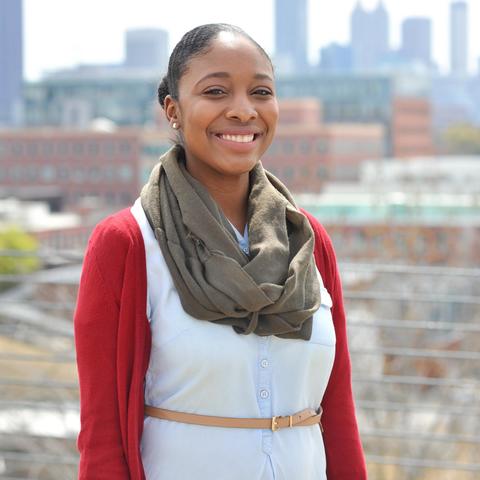Section Branding
Header Content
Political Science Scholars Say You Can Be A Feminist And Listen To Hip-Hop
Primary Content
Hip-hop has evolved from the streets of New York in the '70s to become the most popular music genre today, but it hasn't always been "evolved" in representing women. It's often singled out as being harmful or degrading to women.
A recent study from Georgia State University looked at political rap music's influence on black feminist attitudes. The results may surprise you.
"On Second Thought" host Virginia Prescott speaks with Lakeyta Bonnette-Bailey and Nadia Brown.
"On Second Thought" host Virginia Prescott spoke with the co-authors of the study, Lakeyta Bonnette-Bailey and Nadia Brown. Bonnette-Bailey is a political science associate professor at Georgia State University. She was also a 2018 Nasir Jones HipHop fellow at Harvard University. Bonnette-Bailey said she examined the intersection between hip-hop as a misogynistic purveyor of sexism and chauvinism and as a cultural and generational art form that encourages activism. Bonnette-Bailey is author of "Pulse of the People: Political Rap Music and Black Politics."
Brown is a political science and African-American studies associate professor at Purdue University. She's also author of "Sisters in the Statehouse: Black Women and Legislative Decision Making" and "Distinct Identities: Minority Women in U.S. Politics."
Get in touch with us.
Twitter: @OSTTalk
Facebook: OnSecondThought
Email: OnSecondThought@gpb.org
Phone: 404-500-9457



